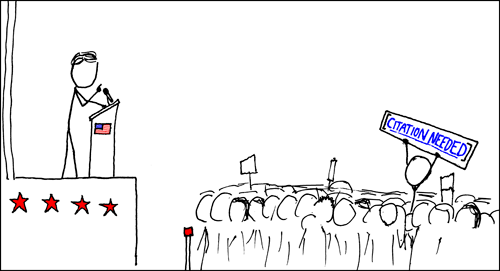There might be a universe in which magic exists. However, there is no universe in which I exist and magic exists. That’s because I was born into a mundane version of the universe, so there are infinite possibilities, but because my existence in a magical universe is 0
That doesn’t really follow. Specifically, you’re putting way too much credit (infinity times as much credit as you should, in fact) on your ability to know exactly how your universe works. You’re saying there are zero hypothetical worlds in which you are the person you are now and also magic exists. I’m sure you can see how this is not true; for all you know magic is very obvious in your world and you just got mind-controlled, a minute ago, to your current state of mind. Or maybe you just never noticed it and hence grew up thinking you are in a mundane universe, which is very unlikely but not probability-0. Or one of many many other explanations, which are all unlikely (nothing involving a universe with magic in it is going to be likely), but very much not probability-0.











This meme is from 2035